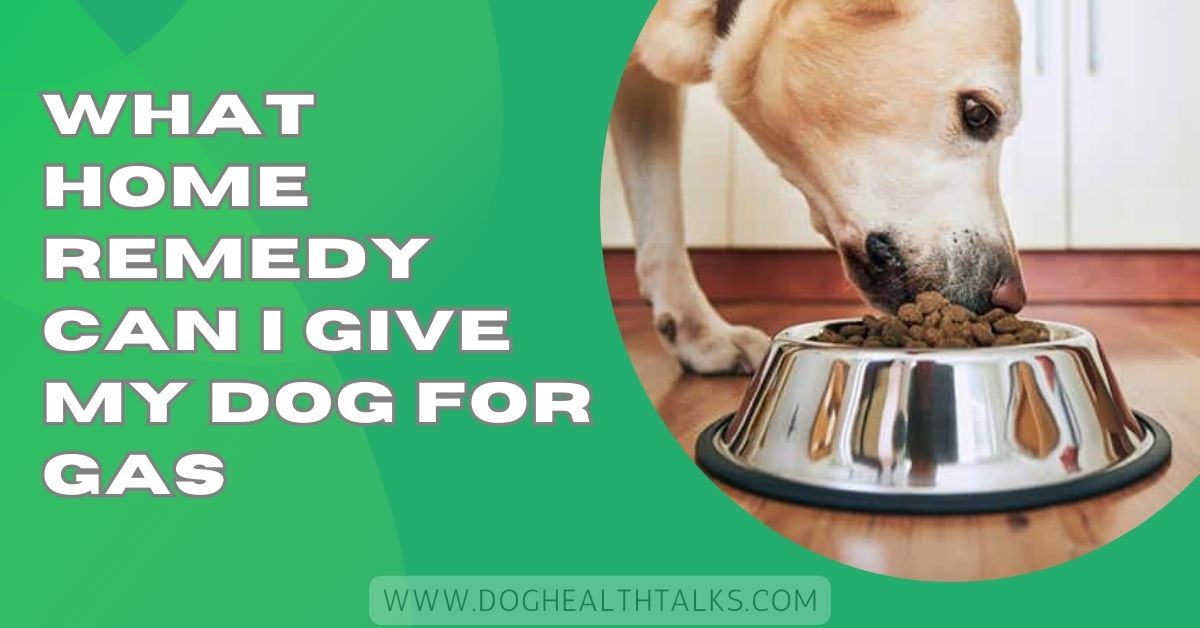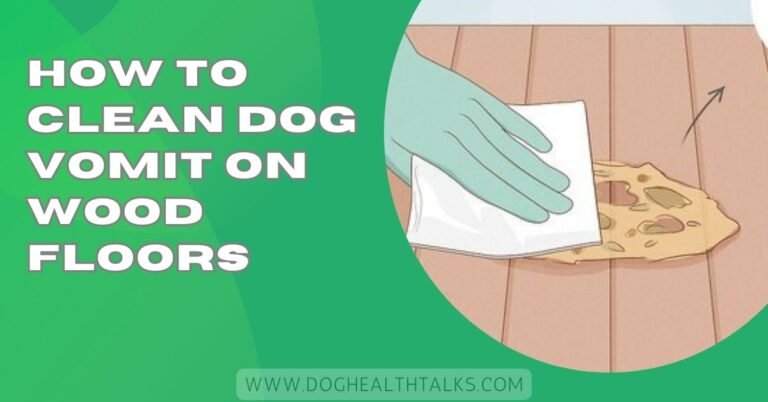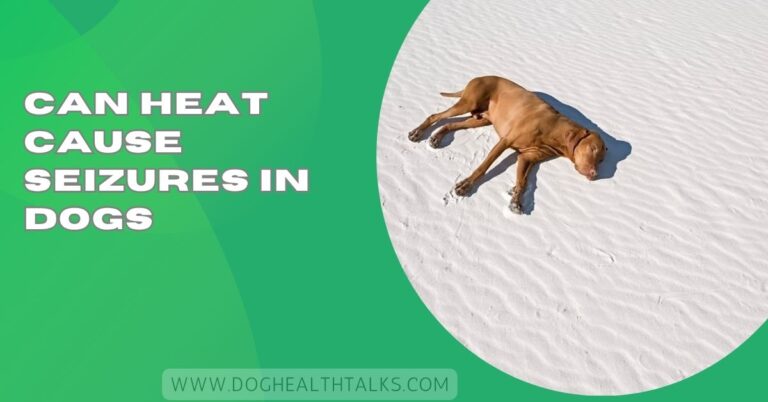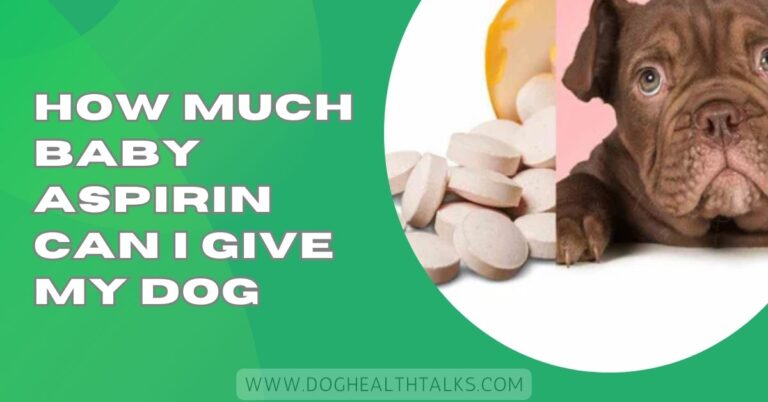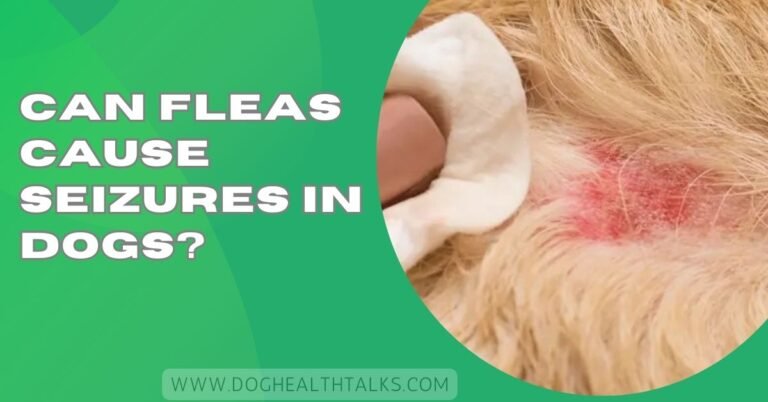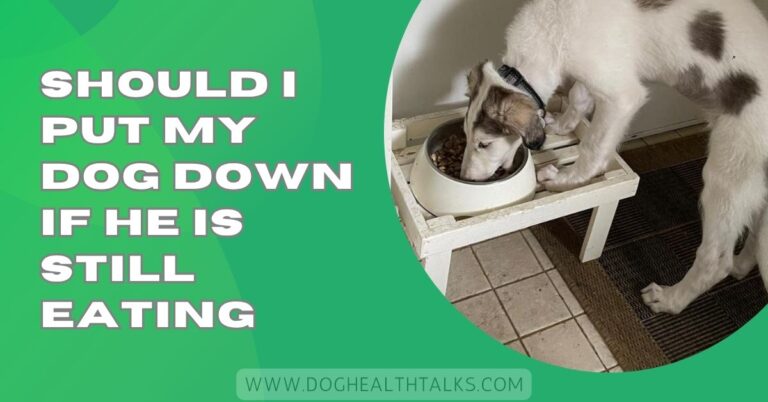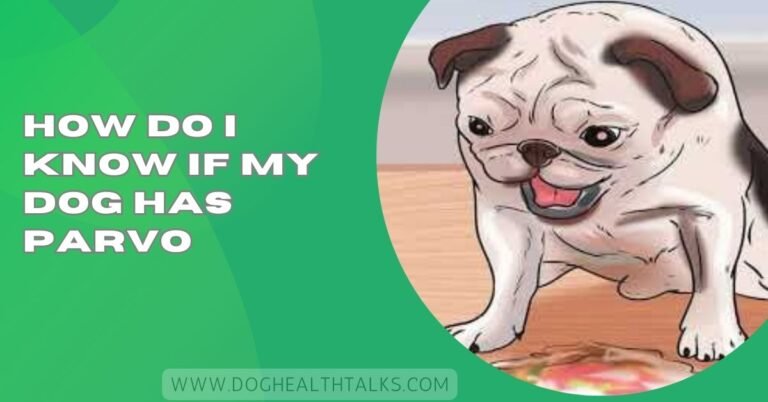What Home Remedy Can I Give My Dog For Gas: Proven Tips
Every dog owner knows the occasional unpleasant smell that drifts through the living room. While mild gas is normal in dogs, excessive flatulence can be uncomfortable both for you and your pet.
Dogs with mild gas may benefit from safe home remedies like ginger, coconut oil, probiotics, tummy massage, or a warm bath. Always avoid true bloat—seek emergency vet care, as no home remedy works for it.
This guide explores why gas happens, when it signals a problem, and which remedies can truly help.
Is Dog Gas Normal or a Health Concern?
Just like humans, dogs experience gas as part of normal digestion. Occasional flatulence usually isn’t a cause for alarm.
However, if your dog seems constantly bloated, produces foul-smelling gas, or shows signs of pain, there may be an underlying issue.
Chronic gas may point to dietary intolerance, poor-quality food, or even medical conditions like inflammatory bowel disease.
Recognizing the difference between harmless and concerning gas is the first step to helping your dog feel better.
Common Causes of Excessive Gas in Dogs
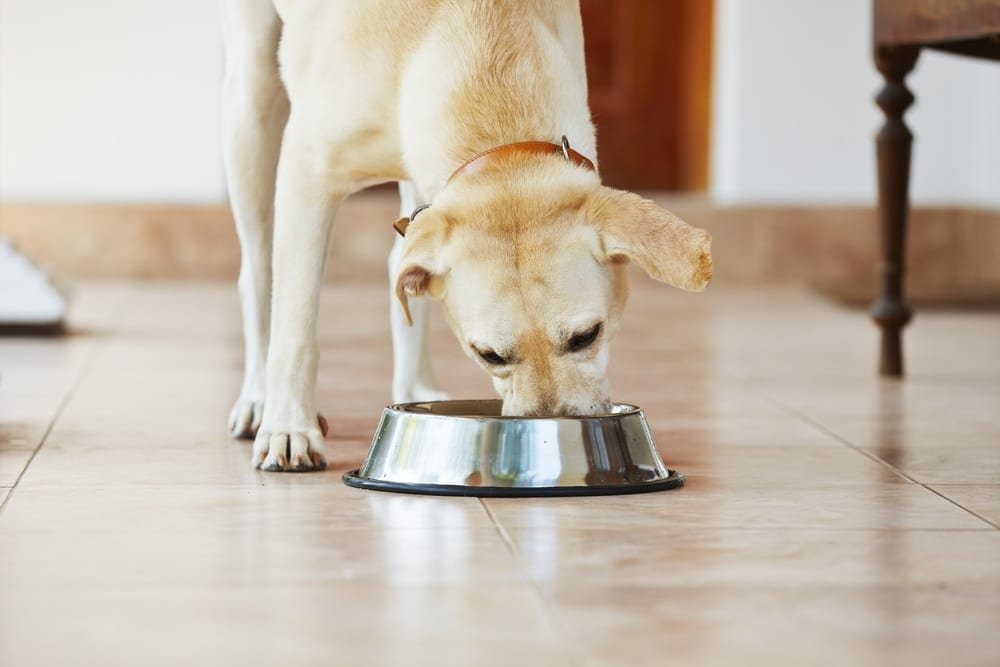
Several everyday factors contribute to excessive gas in dogs. Eating too quickly often causes them to swallow air, which leads to bloating and flatulence.
Low-quality kibble packed with fillers like soy, corn, or by-products is another culprit, as these ingredients can be hard to digest.
Human foods—especially fatty scraps, beans, and dairy—tend to upset a dog’s stomach as well. In some cases, underlying health problems such as parasites, pancreatitis, or food allergies may also be to blame.
When to See a Vet Before Trying Home Remedies
Although home remedies can provide relief, it’s important to know when veterinary care is necessary.
If your dog’s gas comes with diarrhea, vomiting, loss of appetite, or a visibly distended belly, don’t wait.
These may signal serious conditions like gastric torsion (bloat), which is life-threatening and requires immediate attention. In general, if your dog’s gas is frequent, painful, or accompanied by other symptoms, consult your veterinarian before trying home treatments.
Safe Home Remedies for Dog Gas
If your dog’s gas is occasional and not linked to illness, several home remedies may help.
1. Simethicone (Over-the-Counter Option)
Some veterinarians recommend simethicone, the active ingredient in Gas-X, as it breaks down gas bubbles in the stomach. While often safe, always check with your vet for proper dosage before giving it to your dog.
2. Probiotics and Yogurt
Probiotics help balance gut bacteria and improve digestion. Plain, unsweetened yogurt can serve as a natural source of probiotics, though only in small amounts. Many owners prefer commercial probiotic supplements designed specifically for dogs.
Also Read: Is There A Home Remedy For Dog Scooting – 8 Effective Tips!
3. Pumpkin
Canned pumpkin (pure pumpkin, not pie filling) is high in fiber and supports smooth digestion. Adding a spoonful to your dog’s meal can reduce gas and help regulate bowel movements.
4. Ginger and Herbal Options
Ginger has natural anti-inflammatory properties and is sometimes used to calm digestive upset. A small amount of ginger tea or powder can be helpful, but it should always be given in moderation.
5. Apple Cider Vinegar
A teaspoon of diluted apple cider vinegar added to your dog’s water or food may improve gut health and reduce gas. However, avoid overuse, as too much acidity can irritate the stomach.
6. Activated Charcoal
Activated charcoal may absorb toxins and reduce bloating in rare cases, but it should only be used under veterinary guidance, as improper use can interfere with nutrient absorption.
Dietary Adjustments That Help Prevent Gas
Diet plays a huge role in managing and preventing dog gas. Avoid feeding your dog table scraps or foods known to cause bloating, such as beans, dairy, or greasy meals.
Switching to a high-quality dog food with fewer fillers often makes a noticeable difference. Feeding smaller, more frequent meals can also help, as it reduces gulping and improves digestion. Some owners also add digestive enzyme supplements to support nutrient breakdown.
Lifestyle Tips to Reduce Gas Naturally
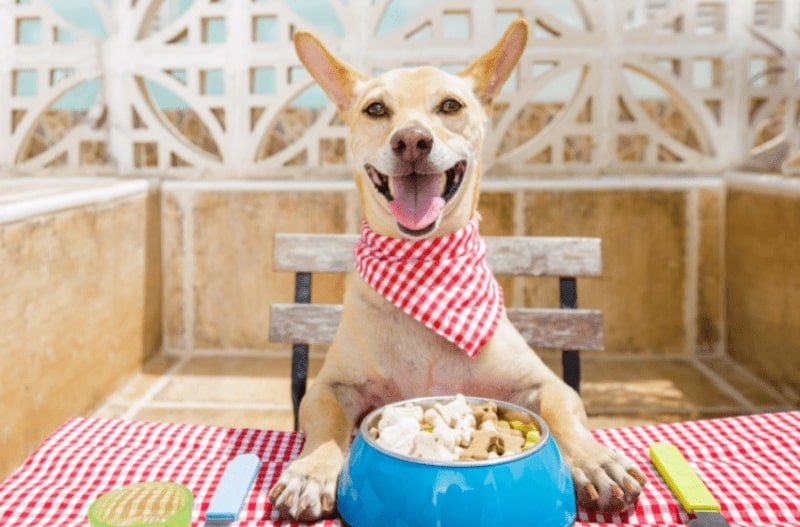
Beyond diet, lifestyle adjustments can significantly reduce gas. Regular exercise encourages healthy digestion and prevents food from sitting too long in the gut.
If your dog eats too quickly, consider using a slow-feeder bowl, which forces them to take smaller bites. Ensuring your dog always has access to fresh water also aids digestion and reduces gas buildup.
What Not to Give Your Dog for Gas
Not all remedies are safe for dogs. Human medications like Pepto-Bismol, Tums, or Imodium should never be given without a vet’s approval.
Likewise, avoid giving your dog onions, garlic, or spicy herbs, as these are toxic. Stick to remedies that are proven safe and consult your veterinarian if unsure.
Signs Your Dog’s Gas May Be Serious
Gas that is persistent, extremely foul-smelling, or accompanied by other symptoms may point to a deeper problem.
If your dog has a distended belly, appears restless, or tries to vomit without success, seek emergency veterinary care immediately.
These can be signs of gastric dilatation-volvulus (GDV), also known as bloat, which is a life-threatening condition.
Sample “Gentle Gas Relief Protocol” (for Mild Cases)
Here’s a step-by-step routine you might try over 24–48 hours if your dog is mildly gassy but otherwise okay:
| Time | Action |
| Day 1 Morning | Withhold food for 12 hours (overnight fast), but provide fresh water. |
| After Fast | Offer a small meal of boiled chicken + soft rice (1:2 ratio), plain pumpkin (small amount) mixed in. |
| Midday | Gentle tummy massage, and a short, slow walk. Observe demeanor, appetite, stool. |
| Afternoon | Serve a second small bland meal. Continue hydration. |
| Evening | Warm bath or warm compress on belly, gentle massage. |
| Night | If dog accepts, a little yogurt (plain, small amount) or probiotic supplement (vet-approved). |
| Day 2 Morning | Continue bland diet if improvements; if improving, gradually combine regular food with bland diet. If worsened or no change, consult vet. |
You can incorporate feeding habit changes (e.g. slow feeder bowl) from Day 1 to reduce swallowed air.
Read More: Why Dogs Cough After Drinking Water – Vet-Approved Guide!
Prevention: How to Minimize Future Gas Episodes
- Choose a high-quality, highly digestible diet
Avoid foods with excessive fillers, soy, peas, or ingredients known to ferment heavily. - Transition diets slowly
When switching food, mix increasing amounts of new food over 7–10 days to allow your dog’s gut to adapt. - Avoid table scraps and rich human foods
These often contain fats, spices, onion, garlic, sugar, and other irritants. - Use tools or strategies to slow eating
Slow feeders, puzzle toys, dividing meals—prevent gulping air. - Regular exercise and maintaining a healthy weight
Active dogs digest better and move gas along more effectively. - Routine deworming and parasite control
Gut parasites can contribute to digestive disturbance. - Regular veterinary check-ups
Especially if your dog has a history of digestive sensitivity, GI disease, or chronic gas.
What Home Remedy Can I Give My Dog For Gas At Night
If your dog is gassy at night, try a gentle tummy massage or let them walk around to release trapped air. Adding a spoonful of plain pumpkin to their dinner can also help digestion.
Make sure they avoid fatty table scraps before bed, as heavy foods often cause gas problems that keep both of you awake.
My Dog Has Bad Gas. What Can I Give Him Over The Counter
Simethicone, the active ingredient in Gas-X, is sometimes used for dogs with gas, but you should always check with your vet first for safe dosing.
Some dog-specific probiotics are also available over the counter and may improve digestion. Avoid giving human medications without approval, since the wrong product or dose could make your dog’s stomach worse.
What Home Remedy Can I Give My Dog For Gas Over The
A simple remedy you can try at home is plain unsweetened yogurt or a small spoonful of pumpkin mixed with their food.
Both support better digestion and may ease gas. Encourage slow eating by using a puzzle feeder or placing a large, clean object in the bowl, which helps reduce the amount of air your dog swallows.
Can I Give My Dog Gas-X
Yes, Gas-X (simethicone) can sometimes be given to dogs for gas, but it should only be done under your vet’s guidance. While generally considered safe, the dosage depends on your dog’s size and health.
Never assume human medications are okay for pets, since some can cause harm. A quick vet call ensures your dog gets safe relief.
Dog Bloated Stomach Home Remedy
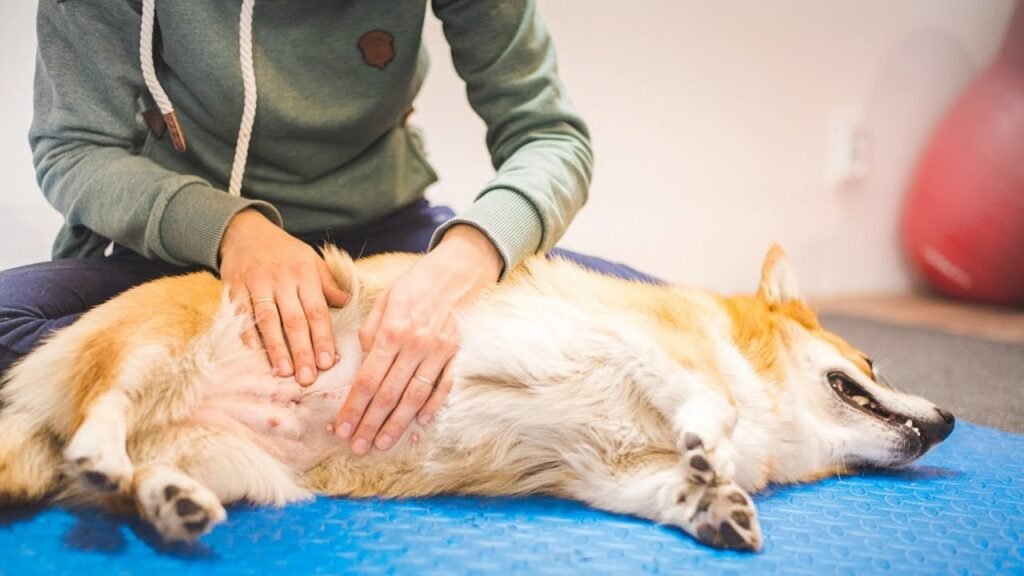
A bloated stomach in dogs is very different from mild gas and can be life-threatening. If your dog’s belly looks swollen, feels hard, or they seem restless and uncomfortable, do not try home remedies.
Call your vet immediately. True bloat (gastric torsion) needs urgent treatment, and waiting at home can put your dog’s life at serious risk.
What To Feed A Dog With Gas
Feeding your dog smaller meals more often helps reduce gas. Choose high-quality food with real protein and fewer fillers like corn or soy, which can cause bloating.
Adding plain pumpkin or probiotics can also support digestion. Avoid table scraps, dairy, or greasy foods, as these often make gas worse. A balanced diet is your dog’s best prevention.
Don’t Miss: Should I Put My Dog Down If He Is Still Eating – Top Signs!
How Do I Know If My Dog Has Gas Pains
Dogs with gas pains may stretch out repeatedly, pace around, or whine while lying down. Their belly can sound noisy, and they may release more gas than usual.
Some dogs lick their lips, look at their stomach, or refuse food when they’re uncomfortable. If the pain seems intense or their stomach looks swollen, call your vet quickly.
My Dog Has Bad Gas All Of A Sudden
If your dog suddenly develops bad gas, think about what they ate recently. Table scraps, spoiled food, or a sudden diet change often lead to unpleasant odors.
It can also signal a food intolerance. Make sure they have fresh water, and stick to their regular diet. If the problem doesn’t improve or comes with diarrhea, ask your vet.
FAQs
1. What Can I Safely Give My Dog For Gas?
Safe options include plain pumpkin, probiotics, or yogurt. These support digestion naturally. Always avoid strong medications unless your vet approves them for your dog’s specific needs.
2. What Human Medicine Can You Give Dogs For Gas?
Some vets allow simethicone (Gas-X), but dosage depends on size. Never give human medicine without guidance. Always confirm safety with your veterinarian before offering anything.
3. Can Pepto Bismol Help My Dog With Gas?
Pepto Bismol isn’t recommended without veterinary approval. It may cause side effects in dogs. Stick to safe, simple remedies like pumpkin or probiotics unless your vet says otherwise.
4. Can Tums Relieve a Dog’s Gas?
Tums aren’t an effective gas fix for dogs and can be risky. It’s better to use safe home remedies or ask your vet for advice first.
5. What Antacid Can I Give My Dog For Gas?
Most antacids aren’t safe without veterinary direction. Some vets may recommend simethicone, but never guess. Always consult your vet before giving any antacid or human medicine.
6. Can Changing My Dog’s Food Brand Reduce Gas?
Yes, switching to high-quality food with fewer fillers can reduce gas. Transition slowly to avoid stomach upset, and avoid sudden brand changes that upset digestion.
7. Is Rice Good For Dogs With Gas?
Yes, plain cooked white rice can soothe digestion and reduce gas. Serve in moderation, mixed with regular food, and avoid adding butter, spices, or seasoning.
8. How Quickly Do Probiotics Work For Dog Gas?
Probiotics don’t work instantly. You may see small improvements within a few days, but lasting relief usually takes one to two weeks of regular use.
9. Can Exercise Alone Reduce Dog Gas?
Yes, regular exercise helps digestion by moving food through the system and reducing bloating. Simple walks or playtime can naturally ease mild gas issues.
10. Are Certain Breeds More Prone To Gas?
Yes, breeds like Bulldogs, Pugs, and Boxers often swallow air due to short snouts. Large, deep-chested breeds like Great Danes are also prone to gas and bloat.
Conclusion
Helping your dog with gas starts with safe, simple remedies like pumpkin, probiotics, or yogurt, along with better diet and lifestyle habits. While occasional flatulence is normal, sudden or severe bloating can be dangerous. Always watch for warning signs, avoid unsafe human medicines, and talk to your vet when in doubt. A little care keeps your dog comfortable.
